Diversified product lines
Meet various chip requirements
Provide free samples
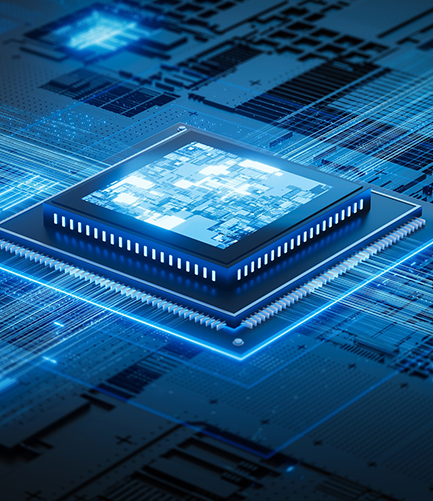
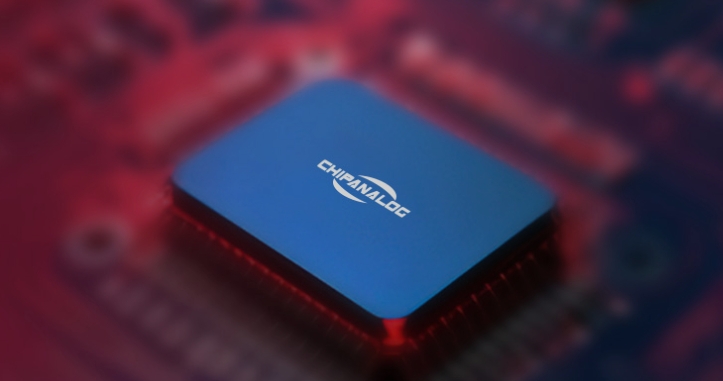
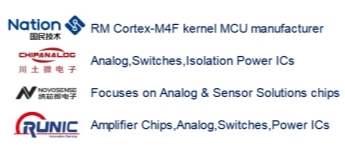
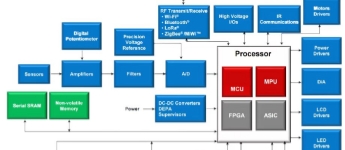
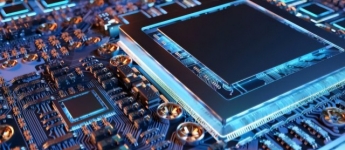

Answer: We work with chip manufacturers that have strict quality control systems in place. All chips undergo multiple rounds of testing at the manufacturing stage, including electrical performance testing, reliability testing, and environmental testing. Before delivery, we also conduct sampling inspections to ensure that the products meet our quality standards. Additionally, we offer a quality guarantee period during which we will handle any quality-related issues promptly.
Answer: Our domestic chips come with a standard warranty period. During this time, if the chip fails due to manufacturing defects, we will provide free repair or replacement services. The warranty does not cover damages caused by improper use, unauthorized modifications, or external factors such as electrical surges or physical damage. To initiate a warranty claim, please contact our customer service team and provide detailed information about the problem and the chip's serial number.
Answer: Our technical support team consists of experienced engineers who are proficient in chip technology. We offer pre-sales technical consultation to help you select the most suitable chips for your applications. After-sales, we provide assistance in chip integration, debugging, and performance optimization. You can reach out to our technical support hotline or email for any technical issues, and we will respond promptly.
Answer: We maintain close partnerships with multiple domestic chip manufacturers. Through long-term cooperation agreements and inventory management strategies, we strive to meet the demand of our customers. We also closely monitor market trends and adjust our procurement plans in advance to ensure a stable supply. In case of unexpected situations, we will promptly communicate with you and provide alternative solutions.